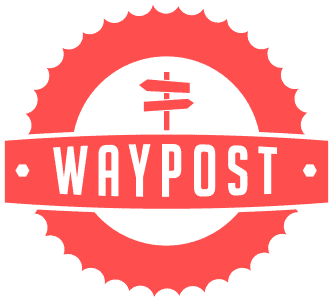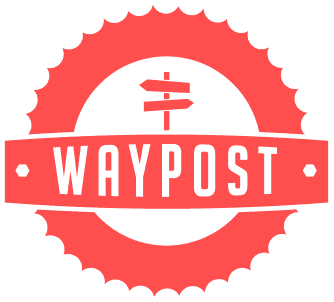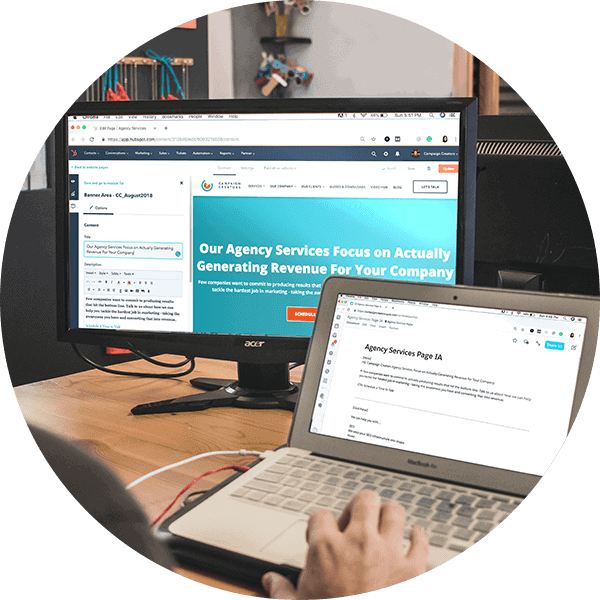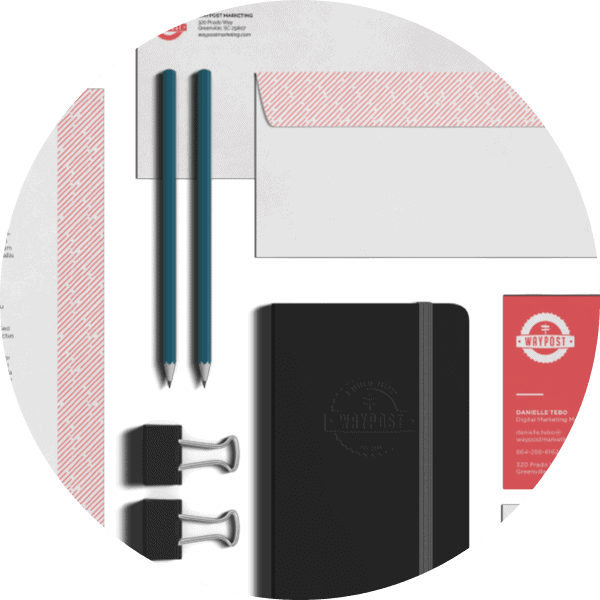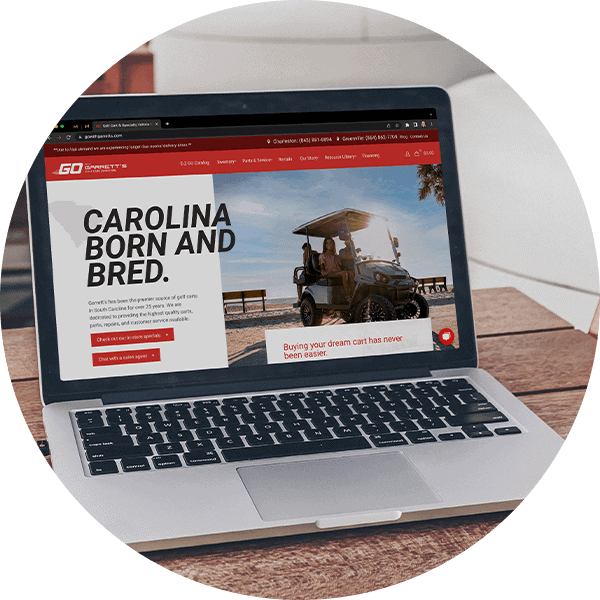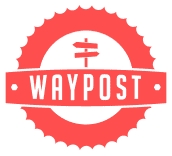
3 Formulas We Use to Track Your Marketing ROI
June 4, 2019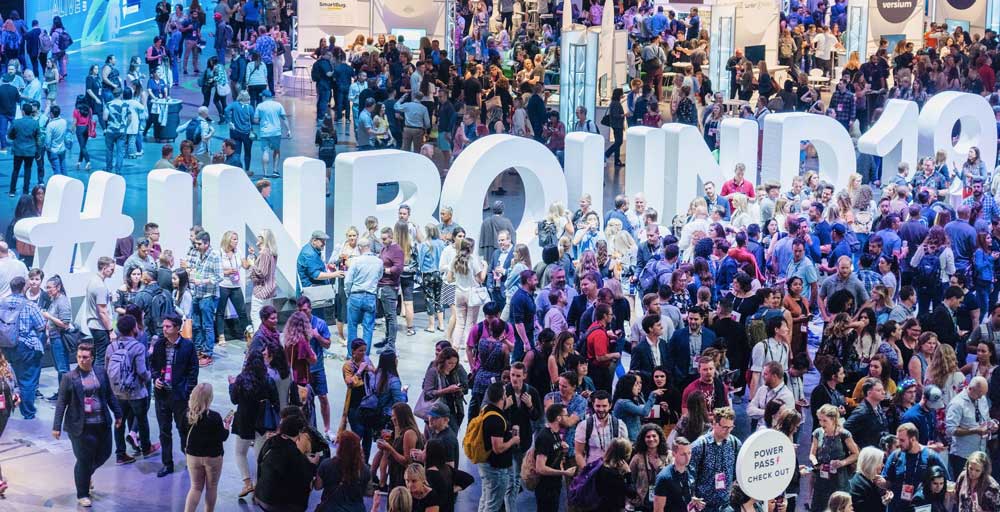
Our Favorite HubSpot Feature Announcements at INBOUND19
September 25, 2019For most B2B companies, event and trade show marketing is an invaluable tool. Even while digital marketing continues to pummel traditional marketing in terms of budget allocation, events make up for roughly 24% of the B2B marketing budget [Event Marketing 2019: Benchmarks & Trends Report]. As a digital marketing agency, we agree that digital marketing is not a substitute for trade shows and other events. Here’s why:
- Events are face-to-face opportunities: The goal of any marketing tactic is to build a rapport — a relationship — with your target audience. Events represent an opportunity to meet with your audience in-person as a first step in the marketing relationship. Compare this with cold calls or blind emails. How many rejections does it take to schedule a single meeting?
- Events immediately connect you with decision makers: The right events strategy will put you front and center with the people who represent your target audience. This level of exposure using digital marketing tactics would be nearly impossible to accomplish.
- Events capture media attention and recruit ambassadors: The majority of your market won’t be at your events, but it’s good practice to spend more on your earliest adopters. Every contact at an event that you impress becomes a potential ambassador and lead-generation funnel.
- Events allow you to tailor your message to a niche audience and deliver it effectively: By limiting your message’s scope to only your attendees, you can begin honing in on the pressure points that matter most to that segment of your broader market — making their exposure to your company that much more impactful.
But while digital marketing can never replace event marketing for your business, it can greatly enhance the overall performance and ROI of your event strategies. Indeed, digital marketing should be playing a supporting role in all of your marketing strategies — not just events. The whole is greater than the sum of its parts.
How digital marketing tactics can increase your event marketing ROI will depend on your market and your current event strategies, but here are three examples of digital strategies you can use to make a greater impact at the next event or trade show you plan to attend or sponsor:
1. Pre-event playbooks for connecting with target prospects.
One of the best ways to use digital marketing in your event strategy is to develop a list of prospects who will be attending the event and begin nurturing that list with a more accounts-based approach. How you build that list will depend on the event. It’s easier to get a list of vendors who will be at a trade show than it is to get a list of the attendees (unless you’re a sponsor or organizer). But once you have the list in hand, here are a few of the tactics we’ve used to great success in our own event strategies:
- Video Emails: Create personalized (one-on-one) video voicemails for your prospect and explain what your presence at the event is all about. Explain why you’re reaching out to them directly, and ask if they would be interested in scheduling some time with you at the event.
- Event Previews: Build an event preview email campaign that shows off your value proposition and invites attendees to your booth for a special piece of premium swag (i.e. a Yeti mug, a popular book, a hat from their favorite college football team).
- Automated Workflows: No matter how you intend to nurture this list of prospects, you can put automation to work for you. The tools that come with platforms like HubSpot enable you to coordinate email, social, and even your prospect’s website activity into a single lead nurturing funnel that can run almost entirely in the background.
2. Coordinating sponsorships or ad space with digital campaigns.
It’s very common to see the biggest ad placements and sponsorships belonging to larger companies. Those positions cost a significant amount of money. For the large company, sponsorships and ad buys represent an opportunity to maintain status in the industry and stay top of mind, but SMBs have more to gain from that kind of attention, especially if any of these factors are true for you:
- Your product or service is especially unique or innovative (i.e. a potential disruptor)
- The event represents a greater percentage of your target market versus the larger companies who are present.
- The event represents an opportunity for you to introduce a new product, service, or brand.
But committing to a sponsorship or large ad buy isn’t enough to be effective. You also need to be aligning your other marketing activities — especially digital marketing — with that event messaging. The goal of this strategy is to make a splash – to cause a disruption – but not to be a flash in the pan. Here are the digital marketing strategies you need to be aligning with your event messaging:
- Lead Nurturing Campaigns: That event is going to generate a lot of contacts and leads for your business, but if you funnel them back into your normal sales workflow you can lose all the momentum you gained with that hyper-targeted delivery. You need digital marketing to maintain that event messaging all the way through the sales funnel.
- Social Media Marketing: Social media should be playing a big role in any event strategy — and not just creating hashtags or Facebook and Instagram posts. Social Media is a tool you should be using in both the planning and execution of your event playbook. Before the event, use Linkedin and Facebook to connect with (or research) your list of prospects. These early connections are critical in refining the message for your event. Leading up to and during the event, your social media content should bring the event to your broader audience who aren’t attending. You can accomplish this with livestreams, hashtags, and designed content that supports your event strategy. After the event, use social media to follow up with your attendees.
- Video Marketing & Production: Sponsorships often come with opportunities for you to show a video or lead/introduce breakout sessions. By creating an event-specific promo video instead of relying on an outdated or off-topic sales video, you can more effectively communicate your message. In addition, you can recycle that video after the event as you engage non-attendees in the same market. Live video is also an excellent way to reach your broader audience while you’re at the event, and video voicemails are a great way to follow up after the event with the contacts you’ve made.
3. Live coverage on social media or live podcasting.
When it comes to the event itself, you’re going to be busy talking to attendees and making sure your message is getting across, but don’t leave the rest of your audience who couldn’t attend in the dark about what you’re up to. Events are a great opportunity for tools like live video or Facebook and Instagram Stories to reach your at-home audience.
You can combine this strategy with the others as well and make a live stream at a pre-set time something that you promote prior to the event. These live streams could be a presentation, a demo, or just a Q&A opportunity. If your company is regularly publishing serial or episodic content, like podcasts or webinars, you could plan to record and stream something live from your booth. This can serve as a magnet at the event as well as a valuable piece of content for continued lead nurturing.
The size of your company doesn’t matter.
The temptation with all of these innovative tactics will be to think that you’re too small to justify bringing this kind of attention to yourself at events. The truth, however, is that you can enjoy a substantial ROI from even the most expensive of these strategies by simply staying hyper-focused on the one thing that makes you the most valuable partner in the room.
But, if you hope to succeed, preparation is key:
- Find the right audience. Not every event is equally valuable to you. You have to find the event with the right audience for your best value proposition. Assuming you’re working on a tighter budget, like most SMBs, you can’t afford to sponsor every show. Understand which show is the best, and improve your presence there year after year.
- Do your research on your prospects (and your competitors). With any strategy that focuses more on accounts-based marketing, you can’t leave anything to chance. The research phase is going to be the most labor-intensive part of any of these strategies.
- Follow through. Successful event strategies are successful when you follow through on every part. Not comfortable in front of a camera? You still need to follow through with those video emails. Overwhelmed by new contacts? They all still need a follow-up call or email. Without exception, every one of our event strategies that has failed lacked follow-through from the client.
For B2B companies who want to get more out of their event strategies, Waypost wants to talk with you about how we can come alongside your business and introduce fresh digital marketing tactics and innovative technologies into your existing marketing and sales processes. We want to show you the work we’ve been doing to help companies like yours become more efficient and effective at generating leads, increasing revenue, and managing sales growth.
